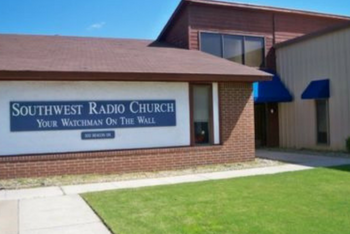Abraham Lincoln confided to a friend, “I have been driven many times upon my knees by the overwhelming conviction that I had nowhere else to go.” In the horrific years of the American Civil War, President Lincoln not only spent time in fervent prayer but also called the country to join him. In 1861, he proclaimed a “day of humiliation, prayer and fasting.” And he did so again in 1863, stating, “It is the duty of nations as well as of men to own their dependence upon the overruling power of God: to confess their sins and transgressions in humble sorrow, yet with assured hope that genuine repentance will lead to mercy and pardon.”
After the Israelites had been captives in Babylon for seventy years, King Cyrus permitted the Israelites to return to Jerusalem, and a remnant did. When Nehemiah, an Israelite and cupbearer to the king of Babylon (Nehemiah 1:11), learned that those who had returned were “in great trouble and disgrace” (v. 3), he “sat down and wept” and spent days fasting and praying (v. 4). He wrestled in prayer for his nation (vv. 5–11). And later, he too called his people to fast and pray (9:4–37).
Centuries later, in the days of the Roman Empire, the apostle Paul gave his readers reason to also pray for those in authority (1 Timothy 2:1–2). Our God still hears our prayers about matters that affect the lives of others.
Source: Our Daily Breat
 Your Watchmen on the Wall
Your Watchmen on the Wall  Dr. James Dobson’s Family Talk
Dr. James Dobson’s Family Talk